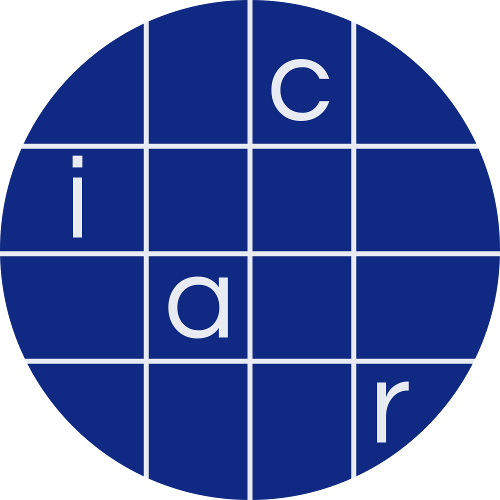Paper 2021/1020
Designing a Practical Code-based Signature Scheme from Zero-Knowledge Proofs with Trusted Setup
Shay Gueron, Edoardo Persichetti, and Paolo Santini
Abstract
This paper defines a new practical construction for a code-based signature scheme. We introduce a new protocol that is designed to follow the recent paradigm known as ``Sigma protocol with helper'', and prove that the protocol's security reduces directly to the Syndrome Decoding Problem. The protocol is then converted to a full-fledged signature scheme via a sequence of generic steps that include: removing the role of the helper; incorporating a variety of protocol optimizations (using e.g., Merkle trees); applying the Fiat-Shamir transformation. The resulting signature scheme is EUF-CMA secure in the QROM, with the following advantages: a) Security relies on only minimal assumptions and is backed by a long-studied NP-complete problem; b) the trusted setup structure allows for obtaining an arbitrarily small soundness error. This minimizes the required number of repetitions, thus alleviating a major bottleneck associated with Fiat-Shamir schemes. We outline an initial performance estimation to confirm that our scheme is competitive with respect to existing solutions of similar type.
Metadata
- Available format(s)
-
PDF
- Publication info
- Preprint. MINOR revision.
- Keywords
- Code-basedSignatureZero-KnowledgeSyndrome Decoding
- Contact author(s)
- epersichetti @ fau edu
- History
- 2021-11-08: revised
- 2021-08-06: received
- See all versions
- Short URL
- https://ia.cr/2021/1020
- License
-
CC BY
BibTeX
@misc{cryptoeprint:2021/1020,
author = {Shay Gueron and Edoardo Persichetti and Paolo Santini},
title = {Designing a Practical Code-based Signature Scheme from Zero-Knowledge Proofs with Trusted Setup},
howpublished = {Cryptology {ePrint} Archive, Paper 2021/1020},
year = {2021},
url = {https://eprint.iacr.org/2021/1020}
}
